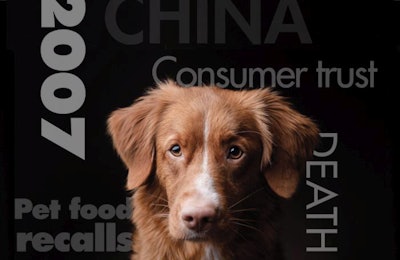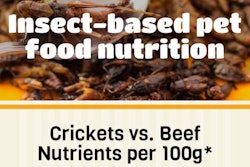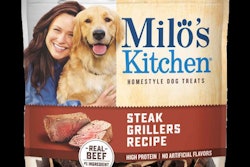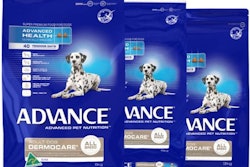
A woman in Vancouver, Canada felt offended when she read the “no ingredients from China” labeling on her bag of Honest Kitchen pet food, reported Richmond News. A representative from Honest Kitchen told the news outlet that the labeling was a result of the 2007 recalls that resulted from melamine-tainted pet food. However, not all consumers or pet specialty store clerks may be aware of the decade-old reasoning behind “no ingredients from China” labeling.
Alleged bias in “no ingredients from China” claim
The Vancouver woman purchased her pet food at Pet Nutrition and Supply Store. When the Richmond News interviewed a clerk at the pet specialty retailer, the clerk thought the claim was “weird” and speculated that it was meant to advertise that the product didn’t involve outsourcing of ingredients or that consumers think China-sourced foods are not good.
The offended customer felt that the “no ingredients from China” pet food labeling would be divisive to their community and reflected a existing bias against Chinese products that would be validated and enhanced by the pet food.
In response, an Honest Kitchen representative said that the brands’ Chinese and Chinese-American customers don’t want China-made ingredients. Essentially, she stated that the labeling claim is about pet food safety, not racism or xenophobia.
Nevertheless, an ethnically Chinese pet owner interviewed by the Richmond News felt that the labeling was discriminatory and “crossed the line.” The pet owner noted that US and Canadian pet food products have had safety issues as well.
Examples of China-made and US-made pet food ingredient safety issues
Eleven years ago this March, hundreds of dogs and cats began dying after mysterious crystals blocked their kidneys. The stricken pets had all eaten pet food adulterated with melamine and cyanuric acid from a China-based ingredient supplier.
At around the same time, more than 1,140 dogs began dying after eating jerky pet treats, out of 6,200 cases of jerky-related canine illness reported to the US Food and Drug Administration (FDA) from 2007 to December 31, 2015. FDA recently released those figures in an update on its continuing investigation into animal illnesses and deaths related to jerky-style treats. Most cases involved products imported from China, but some resulted from treats labeled as US-made. The cause of these pet deaths has not been definitively determined.
More recently, numerous raw pet foods have been recalled in the US, along with thousands of cans of Smucker dog food.

















